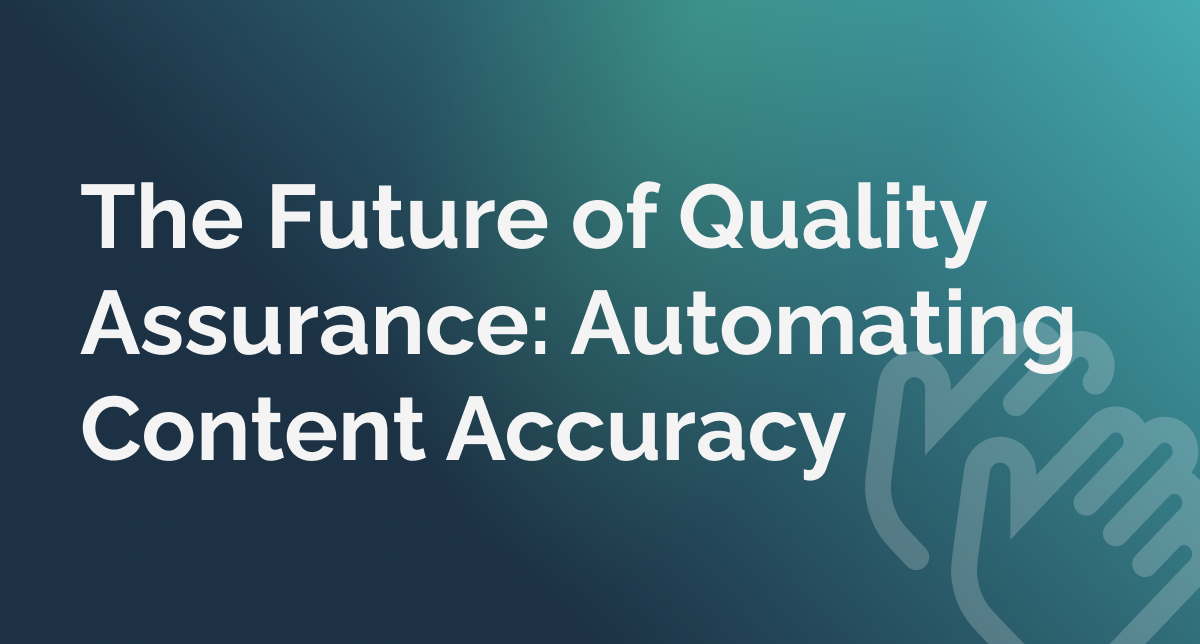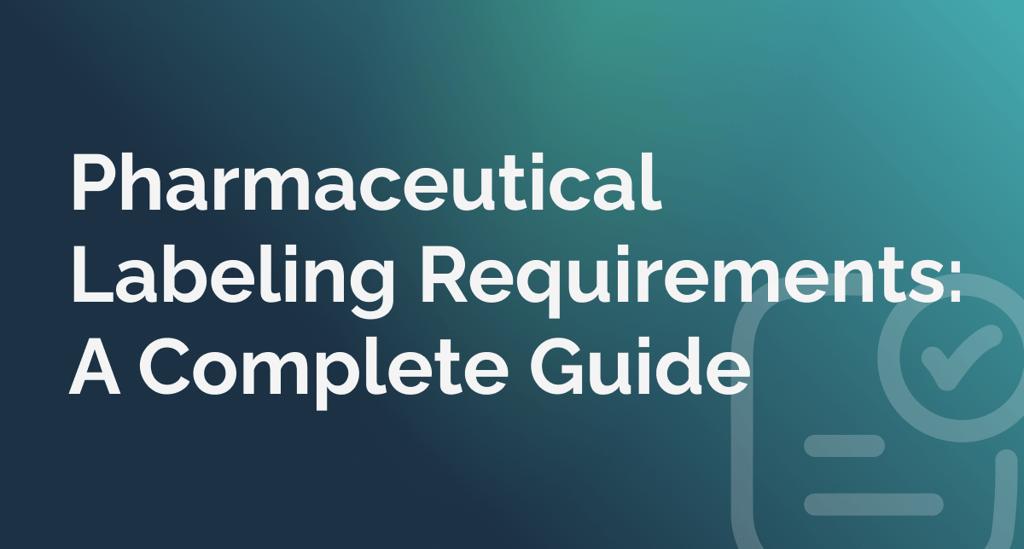In today’s fast-paced regulatory environment, maintaining content accuracy is not just a priority—it’s a necessity. Whether in pharmaceuticals, medical devices, or finance, ensuring precise documentation, avoiding compliance risks, and streamlining approvals is critical. Yet, as the volume and complexity of content grow, manual quality assurance processes are becoming increasingly insufficient. Enter automation, which is revolutionizing the way industries manage content accuracy and compliance.
The Shift Toward Automation in Quality Assurance
Traditionally, quality assurance (QA) has been labor-intensive, requiring teams to manually compare documents, check for discrepancies, and ensure compliance with strict regulatory standards. This process is time-consuming, prone to human error, and inefficient at scale—particularly in industries with stringent regulatory requirements like pharmaceuticals or finance.
Automation, powered by technologies such as Artificial Intelligence (AI), Machine Learning (ML), and Optical Character Recognition (OCR), is transforming this landscape. With automated tools, businesses can:
- Accelerate Document Review: Automation can process and compare content much faster than manual review, reducing time-intensive approval processes.
- Minimize Human Error: By automating repetitive and error-prone tasks, businesses can drastically reduce the likelihood of costly mistakes and ensure higher content accuracy.
- Enhance Compliance: Automated tools are built with regulatory standards in mind, making sure that every piece of content meets the required compliance guidelines easier.
Industry Insights: Why Automation is Crucial
According to recent studies, industries such as pharmaceuticals and finance are significantly shifting toward automated solutions. A report by the International Data Corporation (IDC) estimates that AI-powered automation in QA will grow by 40% in the next five years, with regulated industries leading this adoption. This comes in response to rising complexities in content creation and the increasing demand for accuracy, driven by tighter regulatory scrutiny.
Moreover, the COVID-19 pandemic has accelerated the digital transformation of many businesses, revealing the limitations of traditional, manual QA processes. Remote work environments demand a more efficient, scalable solution that automation readily provides.
How Automation Improves Content Accuracy
Automation tools, such as AI-powered Optical Character Recognition (OCR), can accurately compare documents down to the smallest detail, identifying discrepancies that manual reviews may overlook. Here are a few ways automation enhances content accuracy:
- Automated Content Comparison: Instead of manually cross-referencing different versions of documents, automated comparison tools instantly identify even the smallest changes between versions—whether it’s text, formatting, or numbers.
- Error Reduction: Human fatigue, oversight, or cognitive bias can lead to errors in document reviews. Automated tools, on the other hand, work consistently and tirelessly, ensuring a more reliable outcome.
- Version Control and Compliance Tracking: Automation not only compares content but also tracks changes across different document versions, ensuring that all modifications comply with relevant regulations. This reduces the risk of non-compliance and penalties.
- Scalability: As the volume of content grows, manual review becomes unfeasible. Automation scales effortlessly, handling large quantities of documents with speed and precision.
Benefits for Regulated Industries
For companies operating in regulated environments, the stakes are high. A single error in content—whether a typo in pharmaceutical labeling or an incorrect financial report—can lead to significant consequences, including regulatory fines, delayed approvals, and reputational damage. Automated quality assurance mitigates these risks, offering several key benefits:
- Faster Time-to-Market: Automation speeds up the approval process, allowing companies to bring products to market faster, which is especially important in industries like pharmaceuticals, where delays can be costly.
- Cost Savings: While implementing automation tools may require an initial investment, the long-term savings in reduced labor costs and error-related expenses more than make up for it.
- Enhanced Data Security: Automated systems ensure data consistency and accuracy, reducing the chance of data breaches and non-compliance, which can be particularly important in highly regulated sectors like finance and healthcare.
Looking Ahead: The Future of QA Automation
As regulatory standards continue to evolve, the role of automation in quality assurance will only grow. In the next few years, we can expect to see:
- Increased AI Integration: AI models will become more sophisticated, allowing automated QA systems to predict potential errors and suggest corrective actions proactively.
- Greater Adoption of Cloud-Based Solutions: With the rise of cloud technology, QA automation tools will become even more accessible, enabling real-time collaboration across global teams and ensuring document integrity across multiple touchpoints.
- Data-Driven Insights: Future automation tools will ensure content accuracy and provide valuable insights into content quality, helping businesses further optimize their processes.
Conclusion
As industries evolve, so too must the methods we use to ensure accuracy, compliance, and efficiency. For regulated industries, automation in quality assurance is no longer a luxury—it’s a necessity. From reducing errors and improving compliance to accelerating time-to-market, automation is paving the way for a more accurate and efficient future in content management.
At InformaIT, we’re proud to be at the forefront of this transformation, providing cutting-edge automated solutions that help businesses in regulated industries stay ahead of the curve. Contact us today to learn how our tools can help your business ensure the highest level of content accuracy and regulatory compliance.
By focusing on how automation is shaping the future of QA, this post will resonate with your audience, positioning InformaIT as an innovative leader in the industry. It balances industry trends, technology insights, and product relevance, aligning well with the needs of regulated industries.




